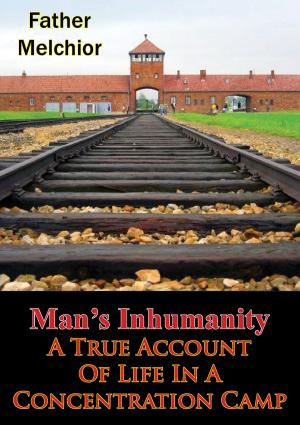Civil Wars In Britain, 1640-1646: Military Revolution On Campaign
Nonfiction, History, Eastern Europe, British| Author: | Major Bradley T. Gericke | ISBN: | 9781782896548 |
| Publisher: | Normanby Press | Publication: | August 15, 2014 |
| Imprint: | Normanby Press | Language: | English |
| Author: | Major Bradley T. Gericke |
| ISBN: | 9781782896548 |
| Publisher: | Normanby Press |
| Publication: | August 15, 2014 |
| Imprint: | Normanby Press |
| Language: | English |
The military organization of nation states and their employment of armies are central aspects of early modern European history. The seventeenth century was particularly a period of transformation that witnessed drastic change in armies’ preparation for and execution of military campaigns. To date, historians have tended to overlook military development as it occurred in the British Isles. Yet Britain offers the historian an interesting subject for the examination of first, how emerging ideas of military organization, doctrine, and strategy were transmitted from the European continent; and second, how British soldiers demonstrated their familiarity with contemporary military practice through the conduct of campaigns.
The evidence of military publications within Britain, as well as the experience of British soldiers overseas, indicates that English and Scottish soldiers grappled with the important tenets of the continental military revolution. The campaign strategies employed by British military commanders during the Second Bishops’ War of 1640 and the English Civil War of 1642-1646 were undoubtedly complex and reflective of the confused political conditions of the period. Nonetheless, British soldiers attempted to fight and to win using a contemporary, thoroughly European understanding of warfare.
The military organization of nation states and their employment of armies are central aspects of early modern European history. The seventeenth century was particularly a period of transformation that witnessed drastic change in armies’ preparation for and execution of military campaigns. To date, historians have tended to overlook military development as it occurred in the British Isles. Yet Britain offers the historian an interesting subject for the examination of first, how emerging ideas of military organization, doctrine, and strategy were transmitted from the European continent; and second, how British soldiers demonstrated their familiarity with contemporary military practice through the conduct of campaigns.
The evidence of military publications within Britain, as well as the experience of British soldiers overseas, indicates that English and Scottish soldiers grappled with the important tenets of the continental military revolution. The campaign strategies employed by British military commanders during the Second Bishops’ War of 1640 and the English Civil War of 1642-1646 were undoubtedly complex and reflective of the confused political conditions of the period. Nonetheless, British soldiers attempted to fight and to win using a contemporary, thoroughly European understanding of warfare.
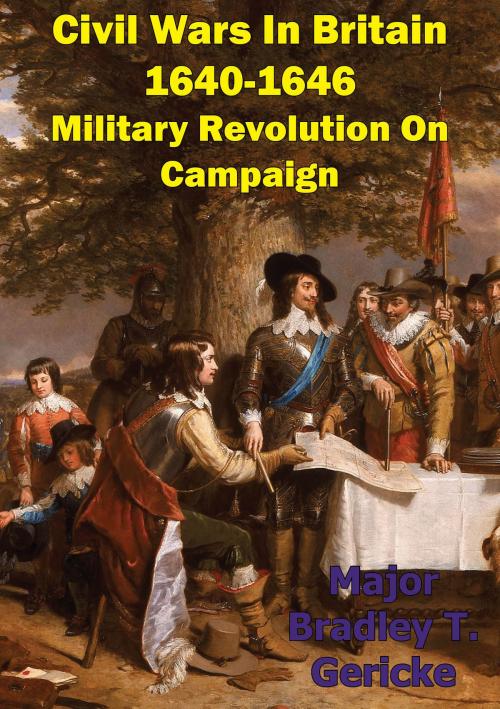
![Cover of the book My Three Years In Manipur And Escape From The Recent Mutiny [Illustrated Edition] by Major Bradley T. Gericke](https://www.kuoky.com/images/2014/august/300x300/9781782895350-I2Wb_300x.jpg)


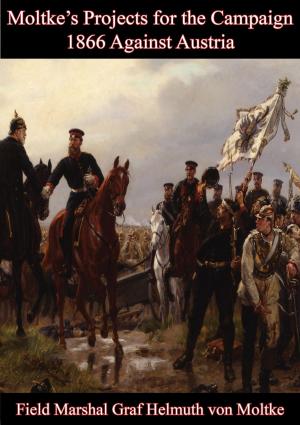
![Cover of the book History Of The Indian Mutiny Of 1857-8 – Vol. IV [Illustrated Edition] by Major Bradley T. Gericke](https://www.kuoky.com/images/2014/june/300x300/9781782892106-DBaK_300x.jpg)

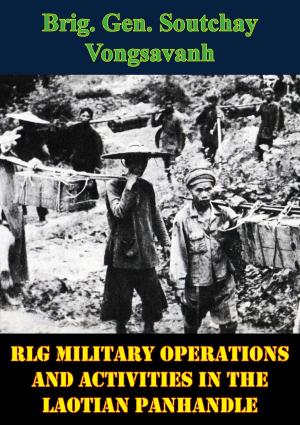
![Cover of the book Five Chimneys: A Woman Survivor’s True Story Of Auschwitz [Illustrated Edition] by Major Bradley T. Gericke](https://www.kuoky.com/images/2015/november/300x300/9781786251794-vVTC_300x.jpg)


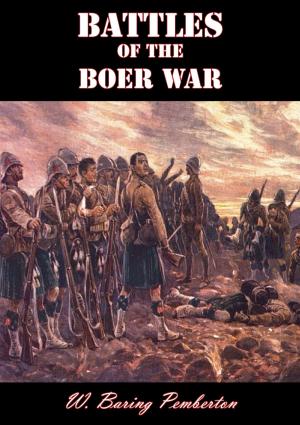
![Cover of the book Vietnam Studies - The War In The Northern Provinces 1966-1968 [Illustrated Edition] by Major Bradley T. Gericke](https://www.kuoky.com/images/2014/august/300x300/9781782893592-HL93_300x.jpg)

